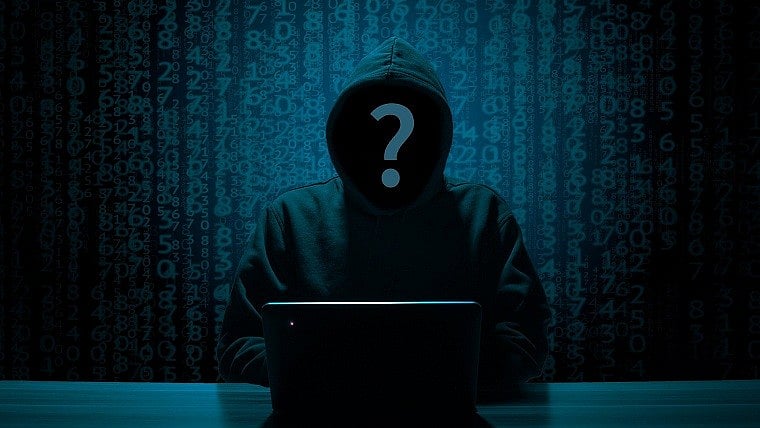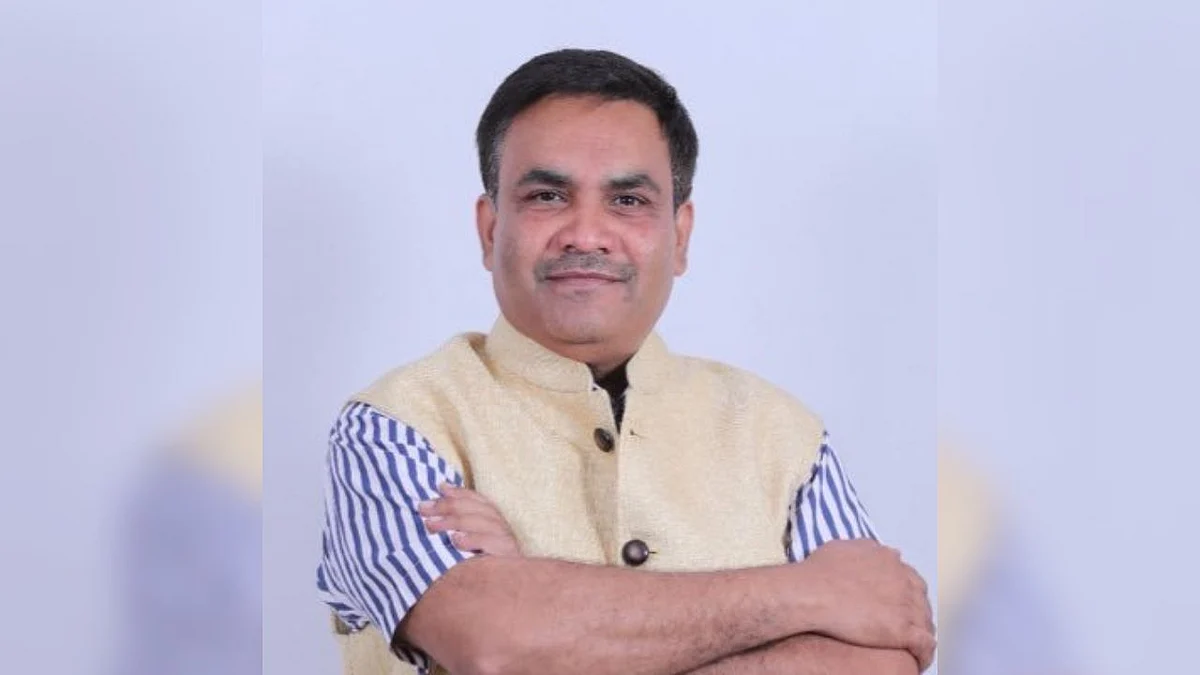A battery of the country’s eminent historians, archaeologists, academicians and authors came under one roof at the Ahmedabad University campus in Ahmedabad as India’s first-ever two-day History Literature Festival (HLF), 2023, kicked off on Saturday.
Termed “Narrating the India Story”, the luminaries present at the HLF’s inauguration spoke on interesting facts on India’s polity and society, colonialism, food, music and science. There will also be a session on the history of the Godrej typewriter, among a variety of other subjects. The first HLF has already got over 1200 registrations.
"For me, this is an experiment which I want to see succeed"
Speaking at the inaugural edition, Prof Rakesh Basant, Co-founder of HLF and a retired Professor and Dean at IIM, Ahmedabad, said, “For me, this is an experiment. An experiment which I want to see succeed. The core idea is to create a platform where our heritage and our historical legacy are discussed. We want to create a platform where different dimensions of history are discussed and at the same time, different perspectives on each of these dimensions are recognised, highlighted and celebrated. With this process, we will be able to create such a platform which will grow over a period of time. We are lucky to have Ahmedabad University as our partner.”
In a welcome address, another HLF Co-founder Amit Arora, said, “We are very excited to start our journey with the launch of the first edition of History Literature Festival 2023 from the country’s first heritage city Ahmedabad. For this inaugural edition, we have luminary authors, historians, archaeologists and academicians joining us to share stories of our past to help a better view of our future. We have been humbled by the response that we have received from both participants and speakers.”

Several sessions and programs were also held
On the first day on Saturday, Uday S Kulkarni and Amar Farooqui presented ‘Tale of Two Empires: The Maratha and the British’ in conversation with Chinmay Tumbe to unravel several layers of history associated with the Maratha and British empires.
Peggy Mohan and Prachi Deshpande conducted a session on, ‘A People’s History of Language’ as they spoke about the manifold histories of languages through stories, anecdotes and analysis. This panel explored how cultures and languages paved the way for community formations in the long process of historical change in India.
Meanwhile, Vasant Shinde, Disha Ahluwalia and Tana Trivedi in conversation with Amit Arora went into ‘Tools of History: How Do We Know What We Know’. The session unravelled insights, facts and stories from two most dependable tools of history – archaeology and archives. Vasant Shinde and Disha Ahluwalia revealed insights from Rakhigarhi excavations while Tana Trivedi delved into the role of archives in documenting the journey of human civilization.
John Mathew and Dinesh C Sharma in conversation with Aparajith Ramnath dwelt on, ‘Science, Technology and the Making of Modern India’, bringing together two subjects that are seldom spoken about in tandem.
On the other hand, Amarendra Dhaneshwar and Srijan Deshpande in conversation with Tejaswini Niranjana spoke on ‘Musical Histories: Keeping Time, Keeping the Beat’. They mixed vocal performances with discussions on music history.
The last item on Saturday’s agenda was a 45-minute storytelling session by Vikram Sridhar titled, ‘Kahaani: Folk Deities of India’. This session included oral and local histories through songs and lore. The performance also included stories of a few Indian queens (ranis).
The Day 2 of the Festival will have sessions on histories of business, food, cinema as well as deep dives into the history of princely states of Gujarat and a panel on how Hindu epics – Ramayana & Mahabharat – inform our moral choices.











